Holocaust and World War II
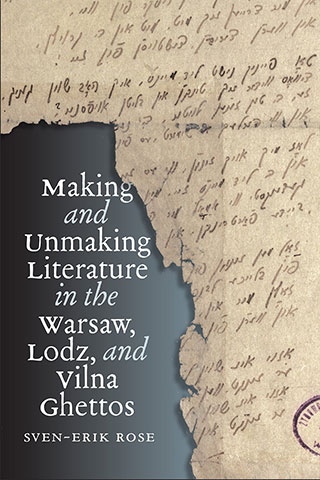
Sven-Erik Rose
Writing in Nazi ghettos within, at the limits of, and against an array of literary conventions.
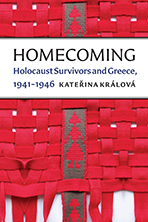
Kateřina Králová
Chronicles the lives of the Jews of Greece who returned after surviving persecution, combat, and exile during World War II.
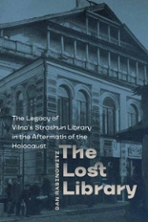
Dan Rabinowitz
The story of the greatest prewar Jewish library in Europe.
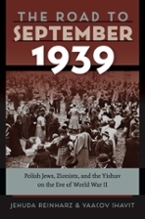
Jehuda Reinharz, Yaacov Shavit
How the Zionist movement and the Yishuv actively sought to help Polish and other European Jews in the 1930s.
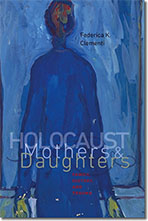
Federica K. Clementi
An astonishing analysis of Jewish mother-daughter relations before, during and after the Shoah, as described in daughters’ memoirs.
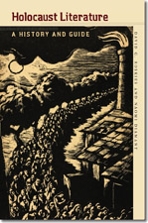
David G. Roskies, Naomi Diamant
A comprehensive assessment of Holocaust literature, from World War II to the present day.
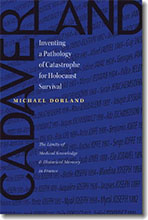
[The Limits of Medical Knowledge and Historical Memory in France]
Michael Dorland
A powerful look at how French medical science apprehended and described Holocaust survival. In this extraordinary study, Michael Dorland explores 60 years of medical attempts by French doctors (mainly in the fields of neuropsychiatry and psychoanalysis) to describe the effects of concentration camp incarceration on Holocaust survivors.
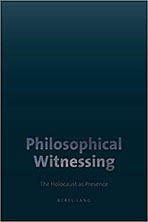
Berel Lang
Fascinating philosophical inquiry into post-Holocaust representations of the Holocaust in political theory, ethics and aesthetics, and an assessment of the limitations and promise of philosophical ‘witnessing’ in relation to those issues.
Out of Print
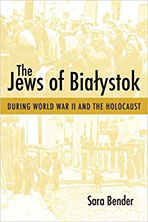
Sara Bender; Yaffa Murciano, translator
“Sara Bender’s book is an outstanding example of what a historian can do to illuminate the real, not the imagined, history of the Shoah. This thorough investigation of both German policies and, mainly, the Jewish reactions to the unexpected onslaught on Jewish lives, does away with preconceptions and historical errors. A most important addition to our knowledge.”—Prof. Yehuda Bauer, Academic Adviser of Yad Vashem
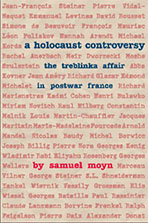
Samuel Moyn
“Meticulously researched, judiciously argued, and lucidly written, this little gem of a book shows how the smallest historical episodes can have surprisingly weighty consequences.”
—Martin Jay, author of “Songs of Experience”
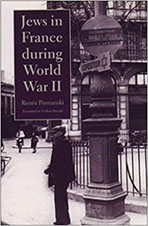
Renée Poznanski
A crucial contribution to French, Jewish and Holocaust historiography, and an important corrective to much of the literature that treats Jews as victims rather than as subjects able to make (some) choices.
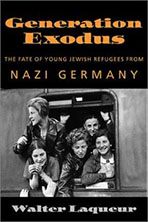
Walter Laqueur
“Laqueur has undertaken the daunting task of writing the collective biography of a generation unique in history: the children of the German-Jewish families who fled Germany in the 1930s . . . As someone who shared this experience, I can testify that Laqueur has succeeded admirably.” —Henry A. Kissinger
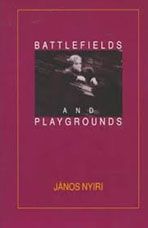
Janos Nyiri
“Nothing in recent memory approaches the greatness—the narrative beauty, the sublime character portraits and the cliff-hanging tension and drama—of Battlefields and Playgrounds.” —Wall Street Journal
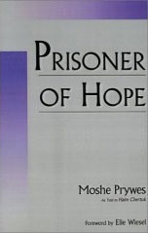
Moshe Prywes and Haim Chertok
“The life recorded here is unique, and yet reflects the most dramatic generation in the history of the Jewish people. The writing is delicate, humoristic and tragic, and always compelling.” —Amos Oz
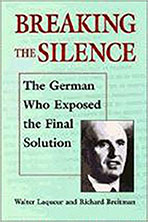
Walter Laqueur and Richard Breitman
“A superb piece of detective work and an exciting real-life spy drama.” —San Francisco Chronicle
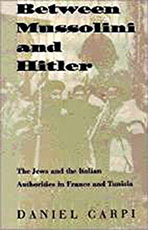
Daniel Carpi
A landmark study of the forces shaping Fascist Italy’s policies toward Jews in occupied territories during World War II.
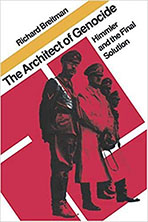
Richard Breitman
Drawing upon previously untapped primary sources… the author conclusively counters efforts to portray the Holocaust as unpremeditated, the result of bureaucratic improvisation under wartime constraints.
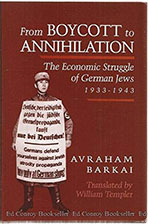
Avraham Barkai
“Dr. Barkai’s trailblazing research, particularly in the records of Jewish institutions… significantly expands our knowledge of the economic persecution of Jews in the Third Reich.” —Henry A. Turner, Yale
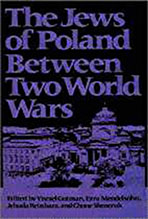
Yisrael Gutman, Ezra Mendelsohn, Jehuda Reinharz and Chone Shmeruk, editors
Original essays by distinguished scholars on all aspects of Jewish life in Poland from 1918 to 1939.
Out of Print
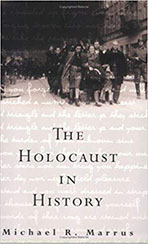
Michael R. Marrus
“Wonderfully researched and superbly written, this book is the finest available introduction to how historians write about the Holocaust.” —Library Journal
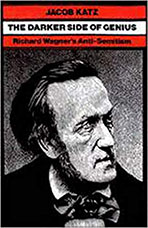
Jacob Katz
Richard Wagner’s antisemitism considered in the context of his time, place and aspirations rather than in relation to his later appropriation by the Nazis.
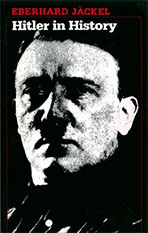
Eberhard Jäckel
“In contrast to most scholarly works on Hitler, this brilliant book is lucid, forthright and blessedly brief.” —American Historical Review
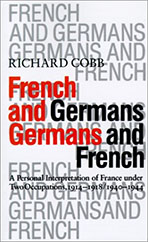
Richard Cobb
“A splendid book for comprehending humankind.” —The Economist
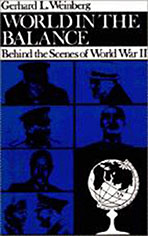
Gerhard L. Weinberg
“A series of essays representing the pinnacle of the historian’s craft: a solid and sweeping survey.” —German Studies Review